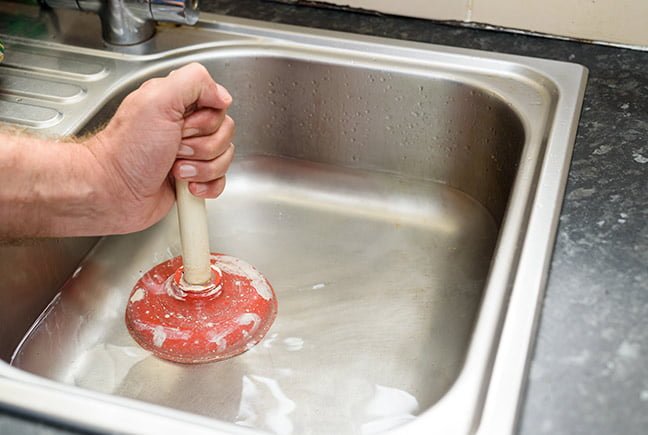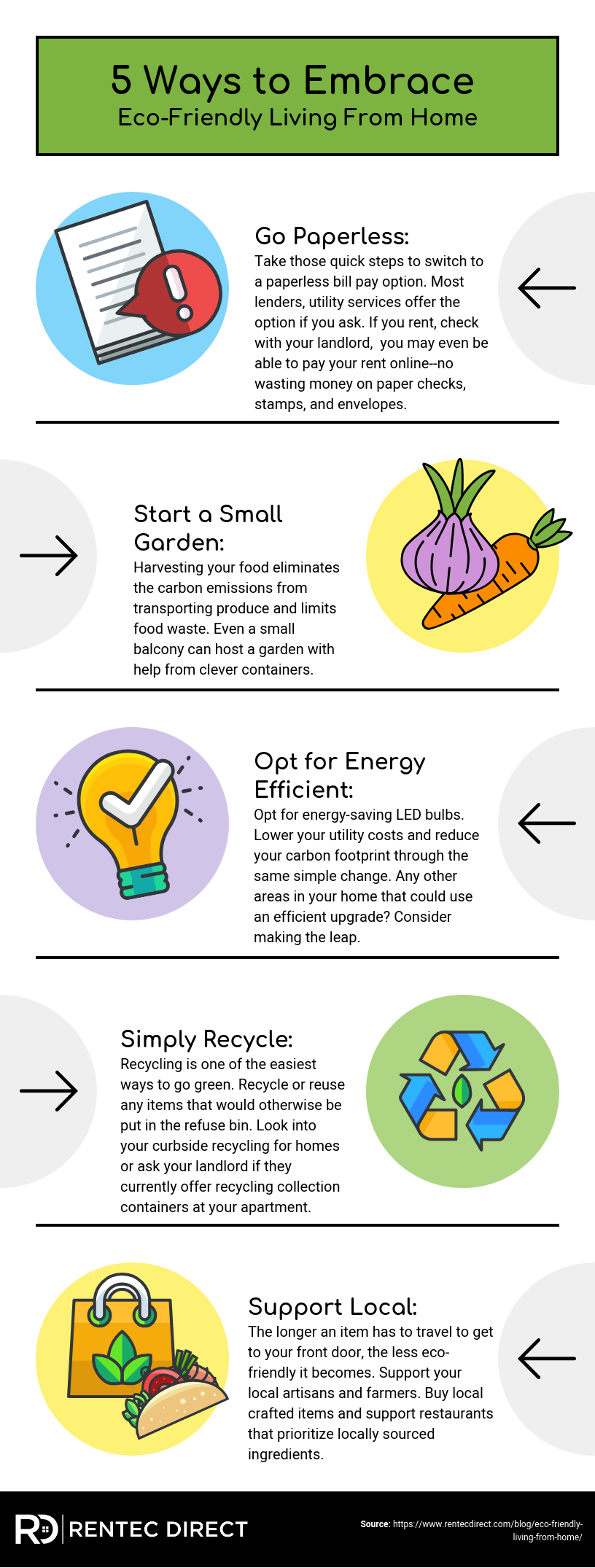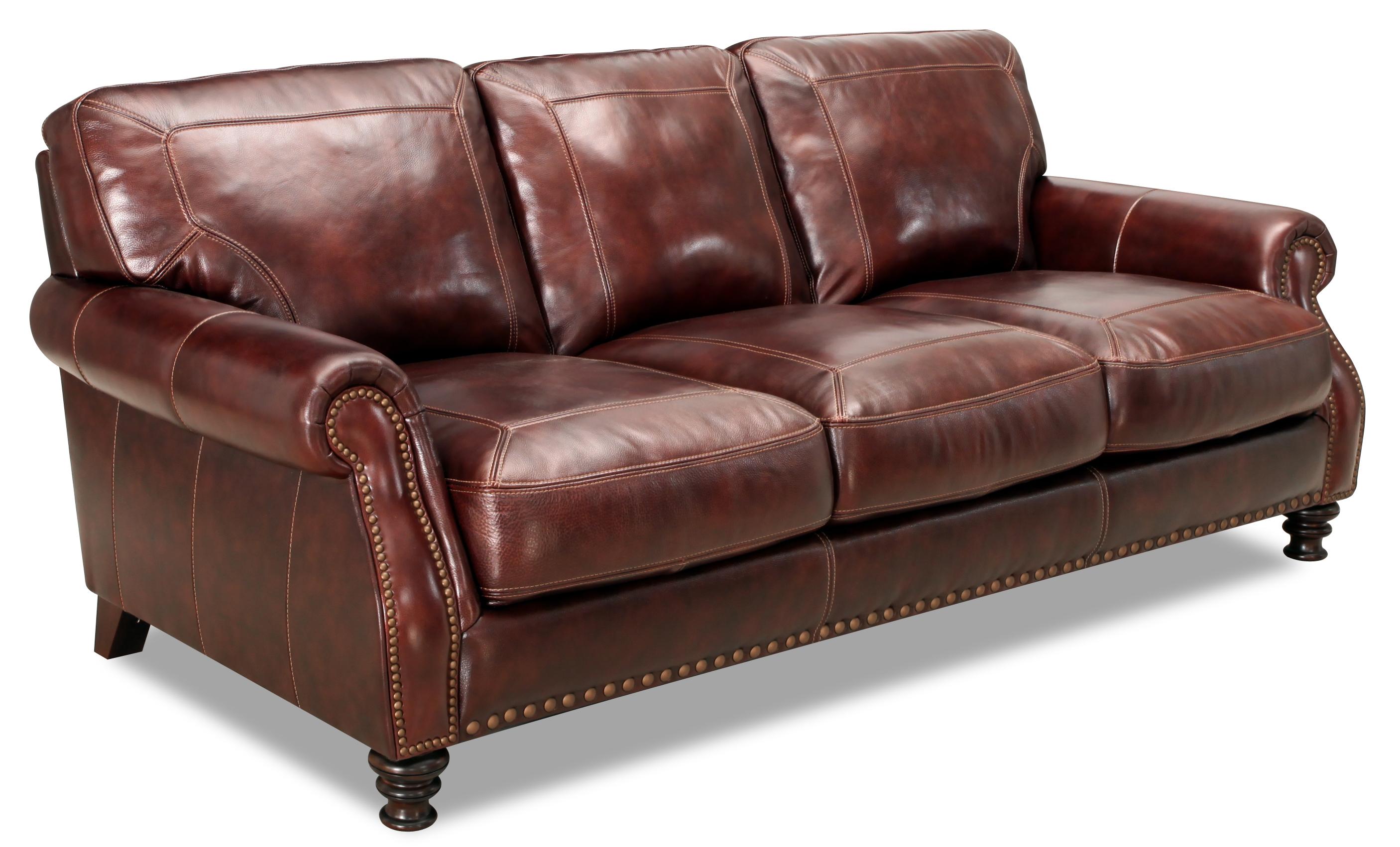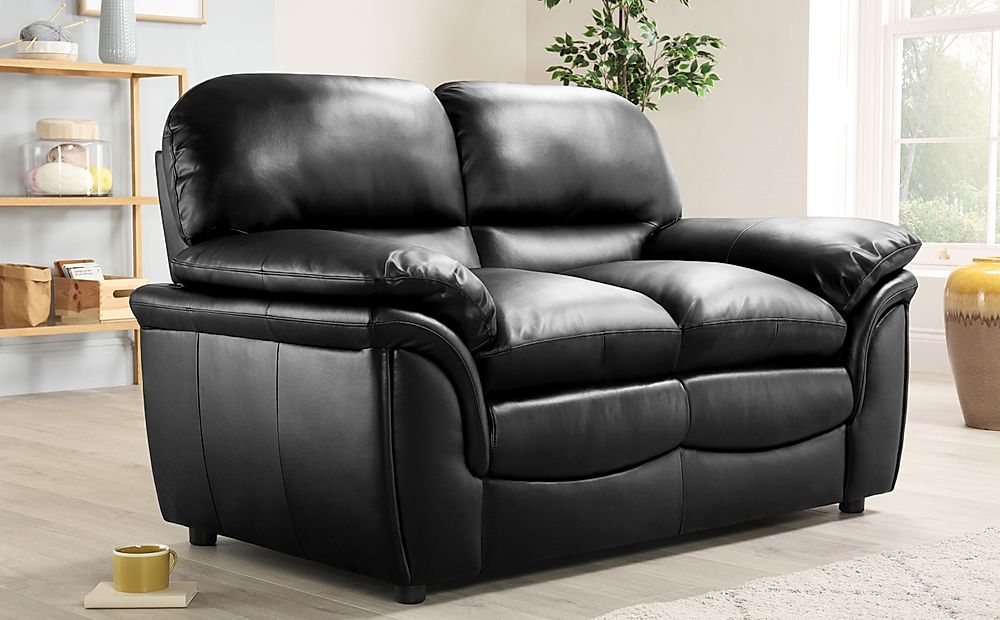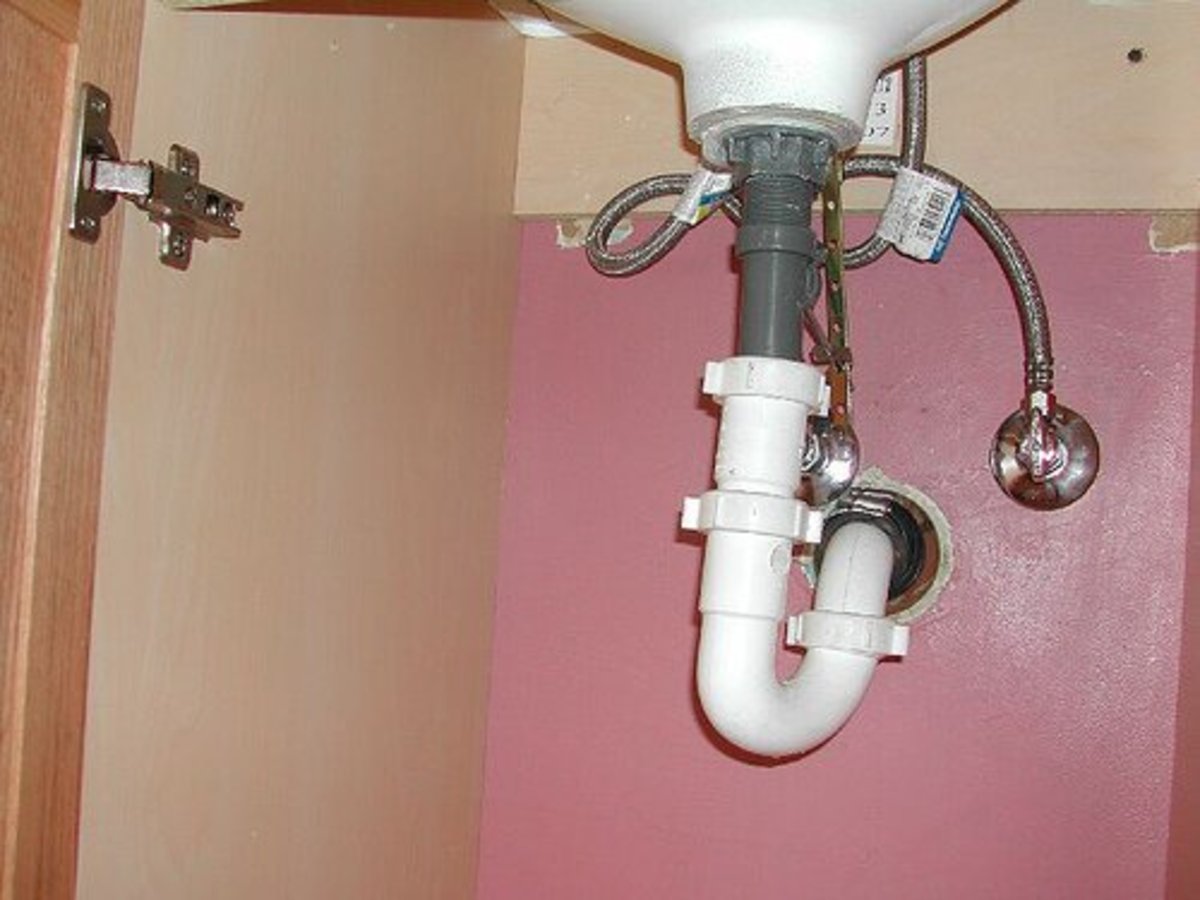If you've ever experienced a clogged kitchen sink, you know how frustrating it can be. Not only does it prevent you from using your sink, but it can also lead to unpleasant odors and potential damage to your plumbing. Luckily, there are a few simple steps you can take to unclog your kitchen sink and get the water flowing freely again. Step 1: Remove any visible debris The first step in unclogging a kitchen sink is to remove any visible debris from the drain. This could include food particles, hair, or other small objects. Use a pair of tongs or a small tool to carefully remove any debris from the drain. Step 2: Try using a plunger If the visible debris is not the cause of the blockage, try using a plunger to clear the clog. Place the plunger over the drain and push down and up several times to create suction. This can help loosen and dislodge the clog. Step 3: Use a drain snake If the plunger doesn't work, your next option is to use a drain snake. Insert the drain snake into the drain and twist it while pushing it in and out. This can help break up and remove any clogs that are further down the drain. Step 4: Create a natural solution If the plunger and drain snake methods are unsuccessful, you can try creating a natural solution to dissolve the clog. Mix equal parts baking soda and vinegar and pour it down the drain. Let it sit for about 30 minutes, then pour hot water down the drain to flush it out.How to Unclog a Kitchen Sink
If your kitchen sink is still clogged after trying the above methods, it may require a more thorough fix. Here are a few steps you can take to fix a clogged kitchen sink. Step 1: Check the garbage disposal If you have a garbage disposal, it's important to check it for any clogs or obstructions. Turn off the power to the disposal and use tongs or a tool to remove any debris that may be causing the clog. Step 2: Use a plumbing auger If the garbage disposal is not the issue, you can try using a plumbing auger to break up and remove the clog. This tool is similar to a drain snake but is specifically designed for plumbing pipes. Step 3: Check the vent pipe If your kitchen sink is connected to a vent pipe, it's possible that the clog is located there. Carefully remove the vent pipe and check for any obstructions or buildup. Step 4: Call a professional plumber If none of these methods work, it's best to call a professional plumber to fix your clogged kitchen sink. They have the tools and expertise to properly diagnose and fix the issue.How to Fix a Clogged Kitchen Sink
If you're dealing with a kitchen sink water blockage, there are a few DIY solutions you can try before calling a plumber. Option 1: Baking soda and vinegar This natural solution can be effective in breaking up and dissolving clogs in the kitchen sink. Mix equal parts baking soda and vinegar and pour it down the drain. Let it sit for 30 minutes, then flush it out with hot water. Option 2: Boiling water For minor clogs, pouring boiling water down the drain can help loosen and flush out any buildup. Be careful not to use boiling water if your pipes are made of PVC, as it can cause damage. Option 3: Salt and baking soda Mixing salt and baking soda can create a powerful solution for breaking up and removing clogs. Pour the mixture down the drain and let it sit for 15 minutes before flushing with hot water. Option 4: Plunger If the clog is located near the surface of the drain, using a plunger can often dislodge and remove it. Make sure to use a plunger that is specifically designed for sinks, as they have a flat bottom to create a better seal.DIY Kitchen Sink Water Blockage Solutions
Kitchen sinks can become clogged for a variety of reasons. Here are some of the most common causes of kitchen sink water blockage. Food particles Food particles are the most common cause of kitchen sink clogs. Small pieces of food can easily get stuck in the drain and build up over time, causing a blockage. Grease and oil Grease and oil can congeal and harden in the pipes, causing a blockage. It's important to avoid pouring these substances down the drain and instead dispose of them in the trash. Foreign objects Small objects such as utensils, toys, or jewelry can accidentally fall down the drain and cause a clog. Be careful when using the sink and always keep an eye out for any potential objects that could fall in. Incorrect use of garbage disposal Improper use of a garbage disposal, such as grinding hard objects or fibrous materials, can lead to a clog in the kitchen sink. It's important to only use the garbage disposal for its intended purpose.Common Causes of Kitchen Sink Water Blockage
Baking soda and vinegar are two common household items that can be used to clear a clogged kitchen sink. Here's how to use them effectively. Step 1: Pour baking soda down the drain Start by pouring 1/2 cup of baking soda down the drain. This will help break up any buildup and create a foaming reaction when combined with vinegar. Step 2: Add vinegar Next, pour 1/2 cup of vinegar down the drain. This will react with the baking soda and help dissolve any clogs. Step 3: Let it sit Let the mixture sit in the drain for about 30 minutes to allow it to work on the clog. Step 4: Flush with hot water After 30 minutes, flush the mixture out with hot water. This should clear the clog and leave your kitchen sink running smoothly again.Using Baking Soda and Vinegar to Clear a Clogged Kitchen Sink
When it comes to unclogging a kitchen sink, two common tools are the plunger and the drain snake. But which one is better for clearing a kitchen sink blockage? Plunger A plunger can be effective for clearing minor clogs near the surface of the drain. It creates suction that can help dislodge and remove the clog. However, it may not be as effective for clogs further down in the pipes. Drain snake A drain snake, also known as a plumbing auger, is a long, flexible tool that can be inserted into the drain to break up and remove clogs. It is more effective for deeper clogs and may be necessary if a plunger does not work. Ultimately, the best tool for clearing a kitchen sink blockage depends on the location and severity of the clog. It may be helpful to have both a plunger and a drain snake on hand for different types of clogs.Plunger vs. Drain Snake: Which is Better for Clearing a Kitchen Sink Blockage?
Prevention is key when it comes to avoiding kitchen sink water blockages. Here are some tips and tricks to help keep your kitchen sink running smoothly. Properly dispose of food scraps Avoid putting large food scraps down the drain and instead dispose of them in the trash. Use a sink strainer to catch smaller particles before they go down the drain. Avoid pouring grease and oil down the drain Grease and oil can solidify in the pipes and cause blockages. Instead, let them cool and dispose of them in the trash. Regularly clean your garbage disposal To keep your garbage disposal functioning properly, it's important to clean it regularly and avoid putting hard or fibrous materials down the drain. Be careful with foreign objects Be mindful of what you're putting in the sink and keep an eye out for any potential objects that could fall in and cause a blockage.Preventing Kitchen Sink Water Blockage: Tips and Tricks
If you're dealing with a stubborn kitchen sink water blockage that you can't clear on your own, it may be time to call in a professional plumber. They have the experience and tools to properly diagnose and fix the issue. Professional plumbing services can also be helpful for identifying and fixing any underlying issues that may be causing recurring clogs in your kitchen sink.Professional Plumbing Services for Kitchen Sink Water Blockage
Not all kitchen sink water blockages are created equal. Some may be easily fixed with DIY methods, while others may require the help of a professional. Here are a few signs that your kitchen sink water blockage may need a professional fix. The clog is deep in the pipes If the clog is located deep in the pipes, it may be difficult to reach and remove without the proper tools and expertise. You've tried DIY methods without success If you've already tried DIY methods and the clog persists, it's best to call in a professional to avoid causing further damage to your plumbing. There are recurring clogs If you're dealing with recurring clogs, there may be an underlying issue that needs to be addressed by a professional plumber.How to Tell if Your Kitchen Sink Water Blockage is a DIY Fix or Requires a Professional
If you're looking for more eco-friendly ways to clear a clogged kitchen sink, there are a few options you can try. Baking soda and vinegar This natural solution is not only effective, but it's also eco-friendly. It can help break up and dissolve clogs without the use of harsh chemicals. Boiling water Boiling water is a simple and environmentally friendly way to clear minor clogs in the kitchen sink. Just be careful not to use it if your pipes are made of PVC. Salt and baking soda Mixing salt and baking soda creates a powerful and eco-friendly solution for clearing clogs in the kitchen sink. It can be an effective alternative to chemical drain cleaners.Eco-Friendly Ways to Clear a Clogged Kitchen Sink
Common Causes of Kitchen Sink Water Blockage
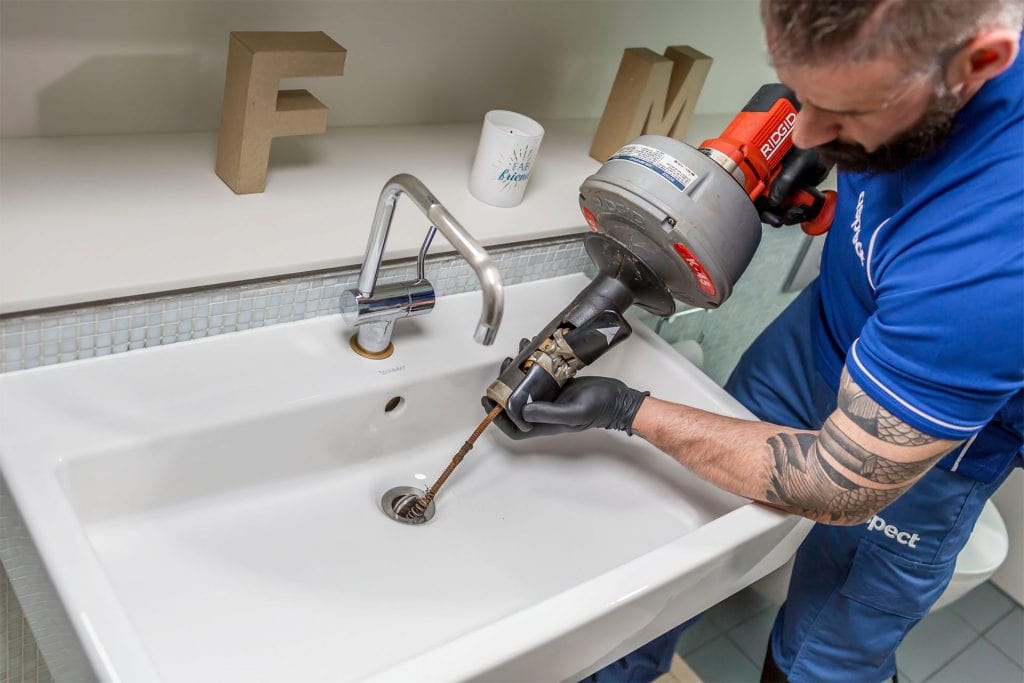
Fat, Oil, and Grease Buildup
 One of the most common causes of kitchen sink water blockage is the buildup of fat, oil, and grease. These substances may seem harmless when poured down the drain, but over time they can solidify and create a thick, sticky layer on the walls of your pipes. As more and more of these substances are rinsed down the sink, the buildup can become significant enough to completely block the flow of water. This can be especially problematic for households that cook with a lot of oil or use their sink frequently for washing dishes.
One of the most common causes of kitchen sink water blockage is the buildup of fat, oil, and grease. These substances may seem harmless when poured down the drain, but over time they can solidify and create a thick, sticky layer on the walls of your pipes. As more and more of these substances are rinsed down the sink, the buildup can become significant enough to completely block the flow of water. This can be especially problematic for households that cook with a lot of oil or use their sink frequently for washing dishes.
Food Scraps
 Another culprit of kitchen sink water blockage is food scraps. While it may seem convenient to rinse all your food scraps down the sink, this can lead to a buildup of debris in your pipes. This can include anything from small bits of food to larger chunks that can get stuck and create a blockage. It is important to properly dispose of food scraps in the trash or compost to avoid potential blockages in your kitchen sink.
Another culprit of kitchen sink water blockage is food scraps. While it may seem convenient to rinse all your food scraps down the sink, this can lead to a buildup of debris in your pipes. This can include anything from small bits of food to larger chunks that can get stuck and create a blockage. It is important to properly dispose of food scraps in the trash or compost to avoid potential blockages in your kitchen sink.
Foreign Objects
 Sometimes, the cause of a kitchen sink water blockage may not be related to what you put down the drain, but rather what accidentally falls into it. Small objects such as utensils, bottle caps, and even children's toys can easily get stuck in the drain and cause a blockage. It is important to be mindful of what you are putting down your sink and to keep an eye out for any foreign objects that may have fallen in.
Sometimes, the cause of a kitchen sink water blockage may not be related to what you put down the drain, but rather what accidentally falls into it. Small objects such as utensils, bottle caps, and even children's toys can easily get stuck in the drain and cause a blockage. It is important to be mindful of what you are putting down your sink and to keep an eye out for any foreign objects that may have fallen in.
Old Pipes
 If you live in an older home, your kitchen sink blockage may be a result of aging pipes. Over time, pipes can become corroded or damaged, making it difficult for water to flow through them. This can lead to blockages and backups in your sink. It may be necessary to have a professional plumber inspect and replace any old or damaged pipes to prevent future blockages.
If you live in an older home, your kitchen sink blockage may be a result of aging pipes. Over time, pipes can become corroded or damaged, making it difficult for water to flow through them. This can lead to blockages and backups in your sink. It may be necessary to have a professional plumber inspect and replace any old or damaged pipes to prevent future blockages.
Preventing Kitchen Sink Water Blockage
 Now that you know the common causes of kitchen sink water blockages, it is important to take preventative measures to avoid them.
Regularly pouring boiling water down the sink can help dissolve fat, oil, and grease buildup before it becomes a problem.
Additionally, using a sink strainer to catch food scraps and disposing of them properly can prevent them from getting stuck in your pipes. It is also a good idea to be mindful of what you are putting down the drain and to avoid rinsing foreign objects down the sink.
In conclusion, a kitchen sink water blockage can be a frustrating and inconvenient problem to deal with. By understanding the common causes and taking preventative measures, you can avoid this issue and keep your kitchen sink running smoothly. However, if you do experience a blockage, it is best to call a professional plumber to properly diagnose and fix the issue. Don't let a kitchen sink blockage disrupt your daily routine, take proactive steps to prevent it.
Now that you know the common causes of kitchen sink water blockages, it is important to take preventative measures to avoid them.
Regularly pouring boiling water down the sink can help dissolve fat, oil, and grease buildup before it becomes a problem.
Additionally, using a sink strainer to catch food scraps and disposing of them properly can prevent them from getting stuck in your pipes. It is also a good idea to be mindful of what you are putting down the drain and to avoid rinsing foreign objects down the sink.
In conclusion, a kitchen sink water blockage can be a frustrating and inconvenient problem to deal with. By understanding the common causes and taking preventative measures, you can avoid this issue and keep your kitchen sink running smoothly. However, if you do experience a blockage, it is best to call a professional plumber to properly diagnose and fix the issue. Don't let a kitchen sink blockage disrupt your daily routine, take proactive steps to prevent it.
/plumber-unclogging-kitchen-sink-169270382-5797a9355f9b58461f27f024.jpg)



/how-to-unclog-a-kitchen-sink-2718799_sketch_FINAL-8c5caa805a69493ab22dfb537c72a1b7.png)





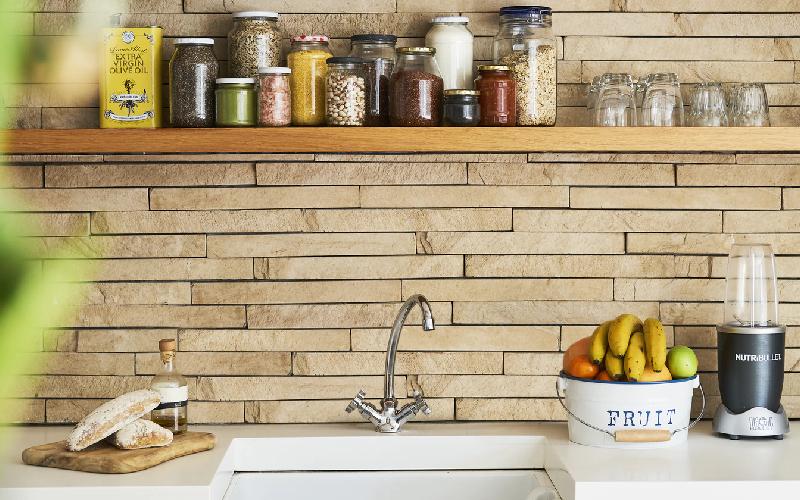

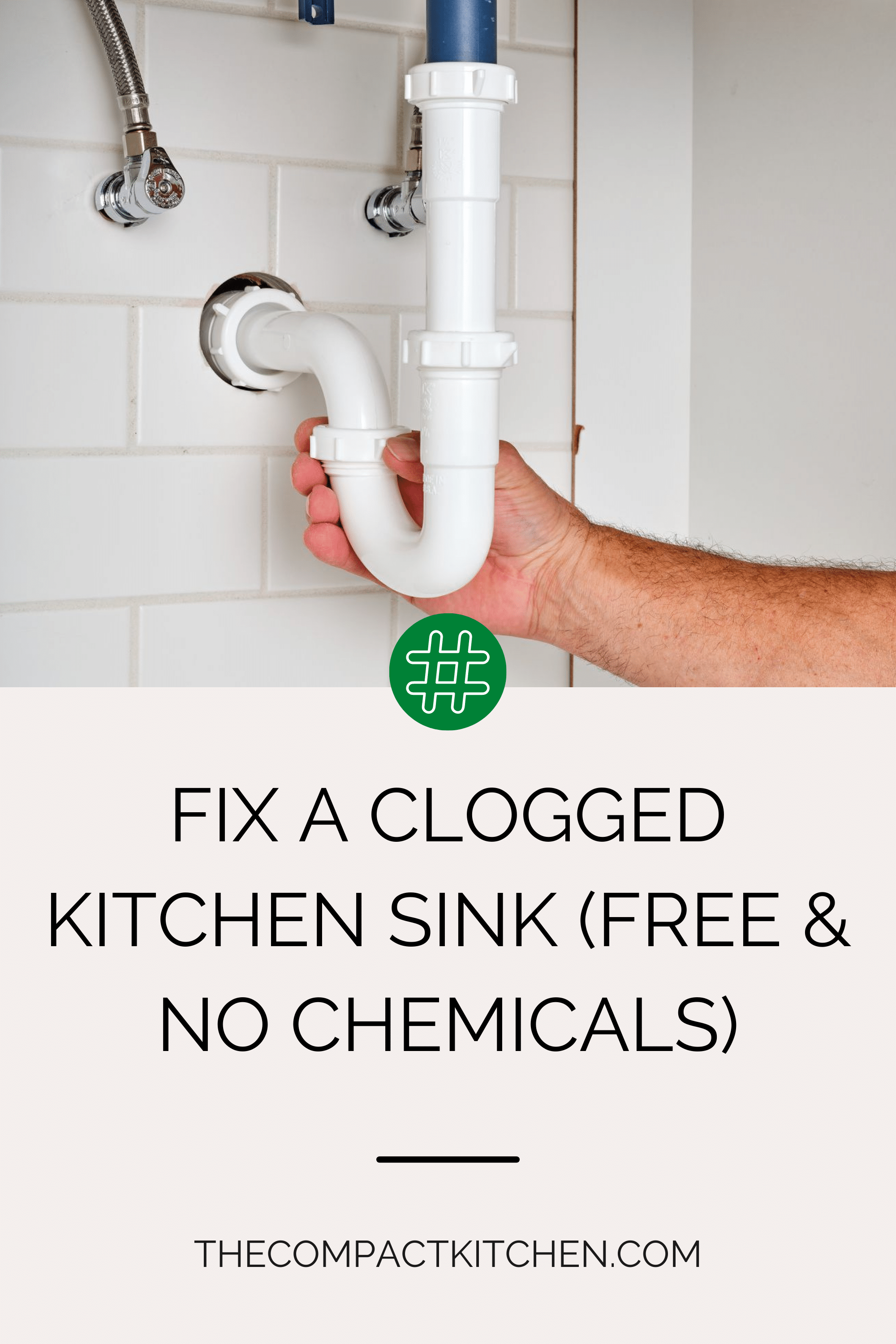





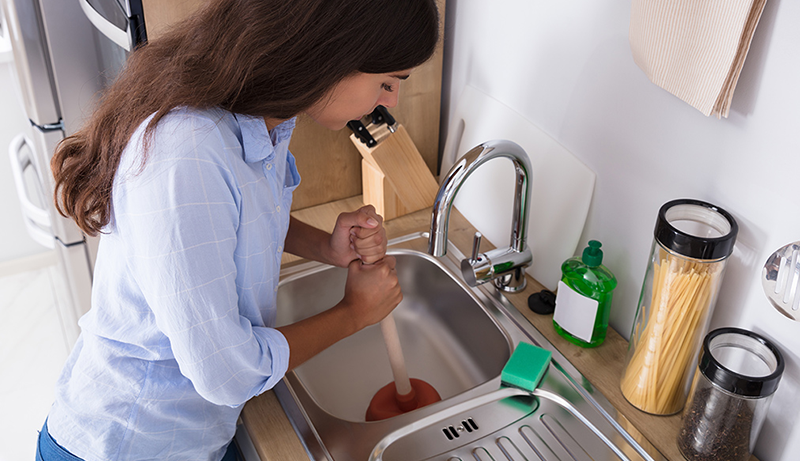
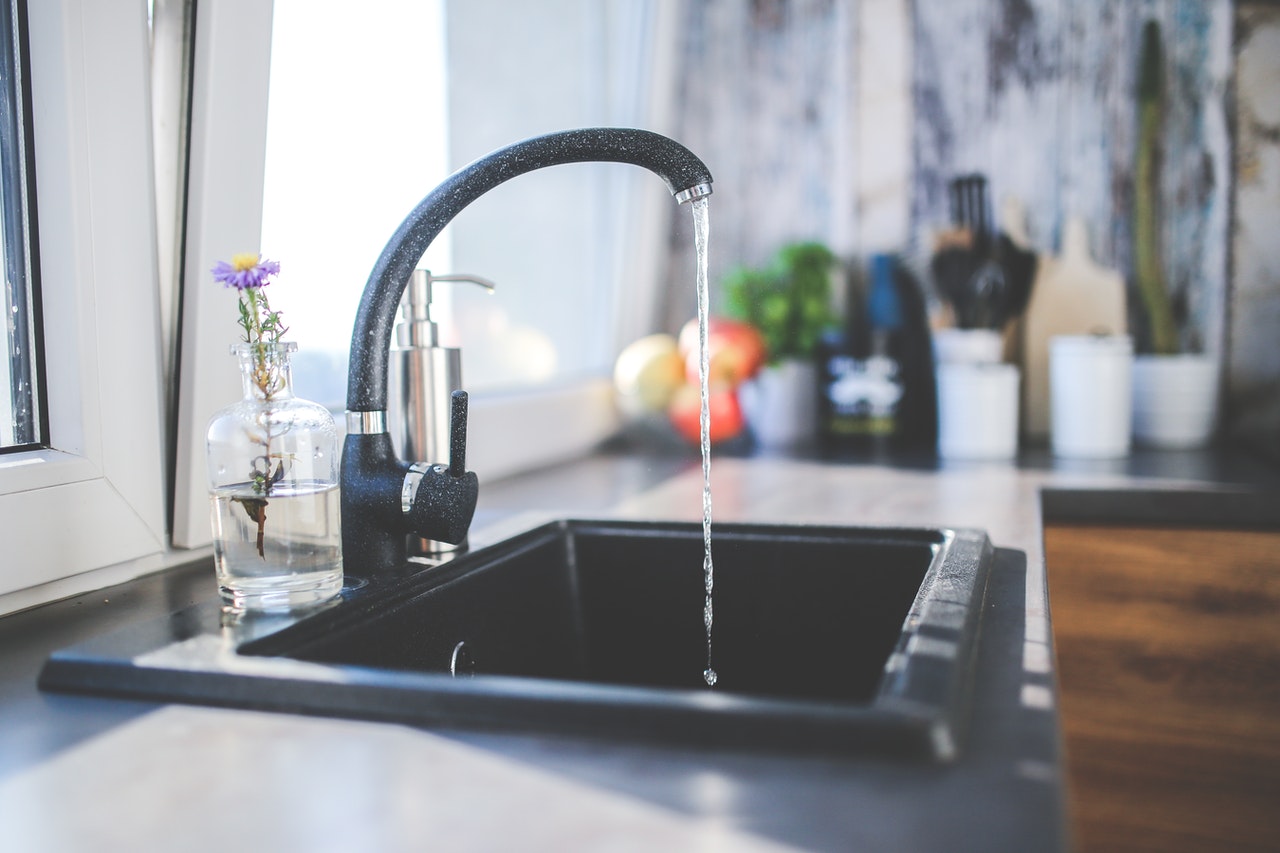


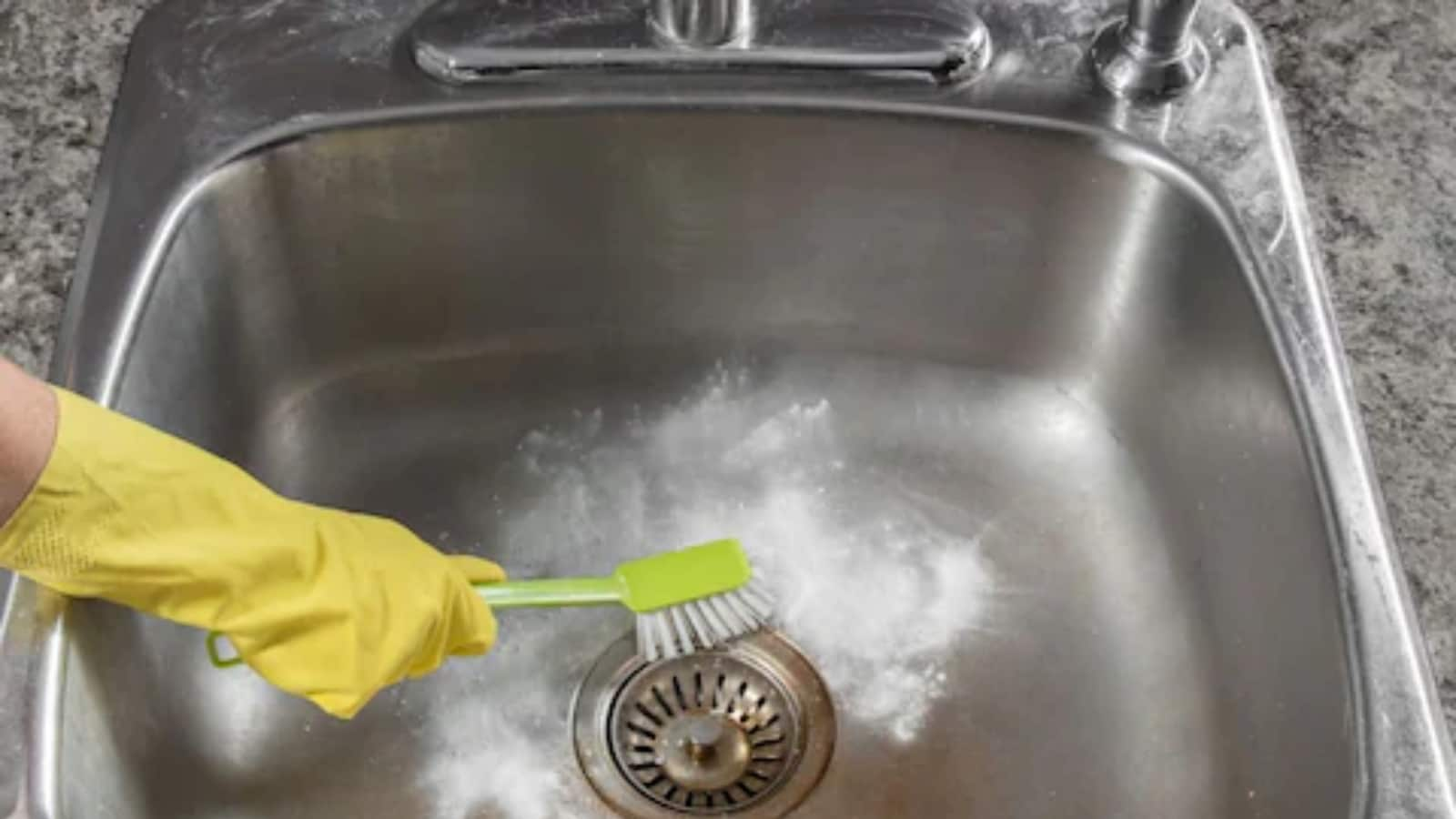




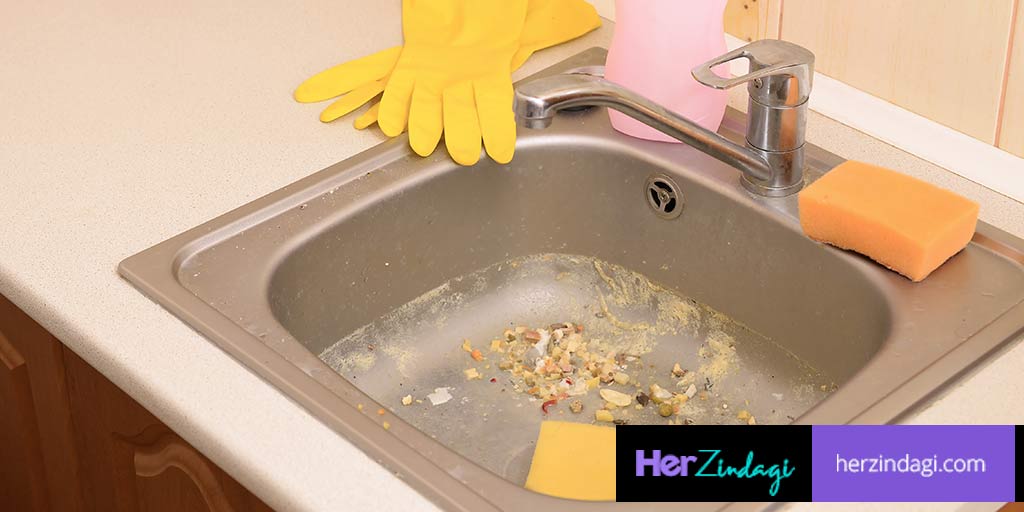


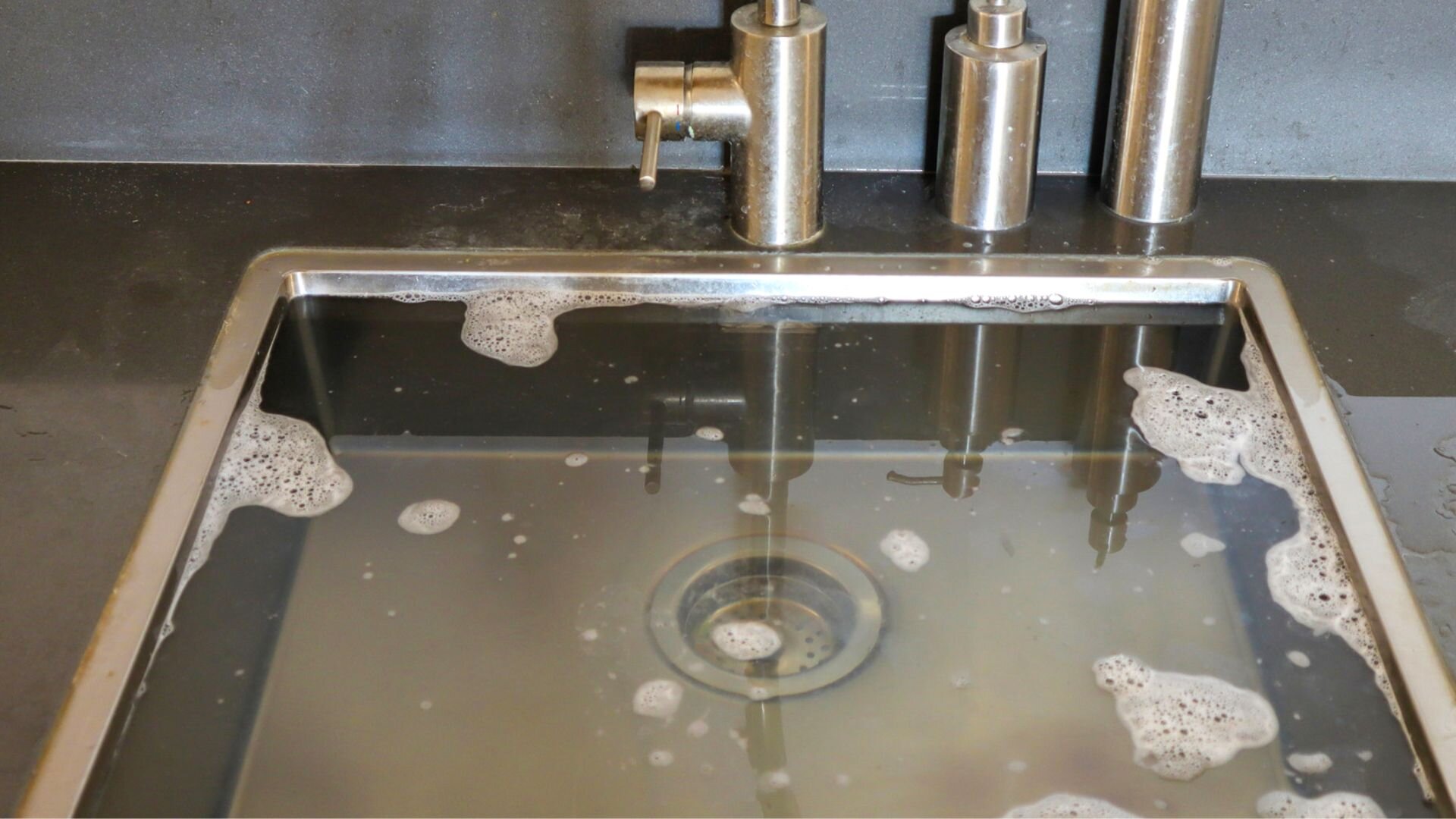


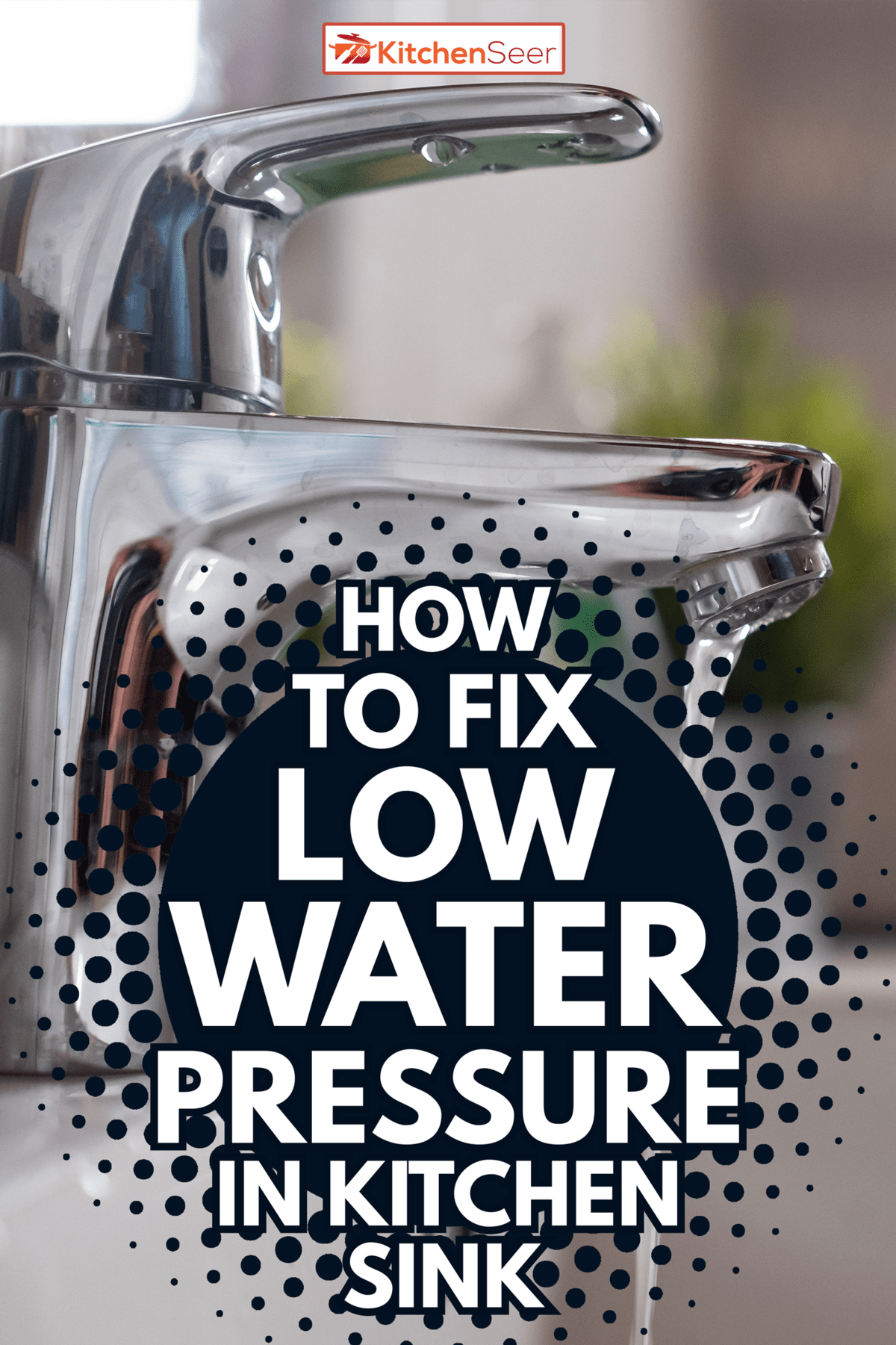
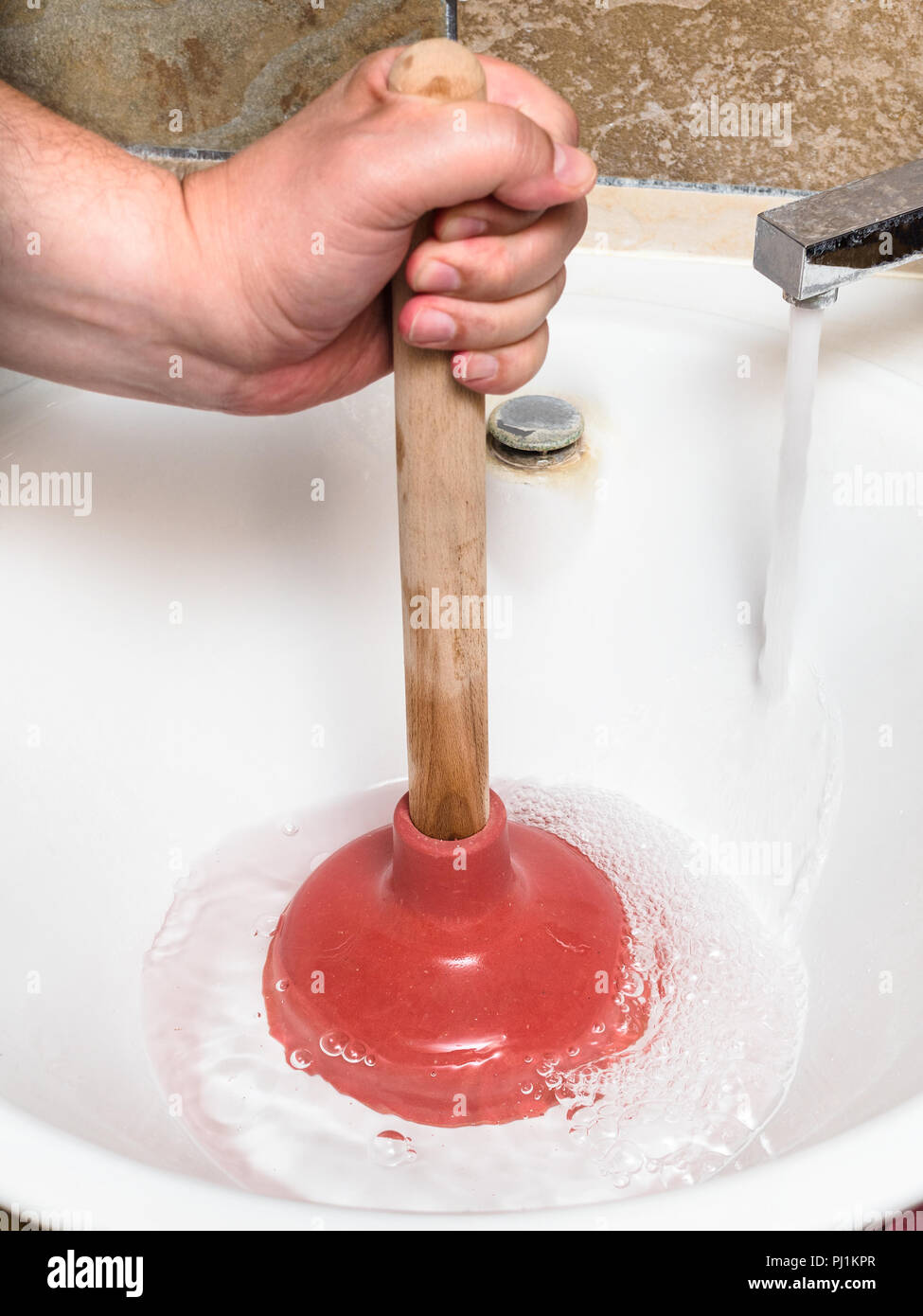


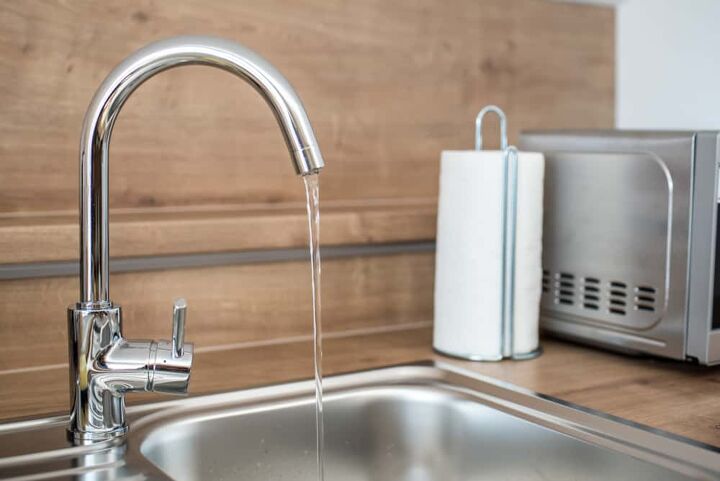

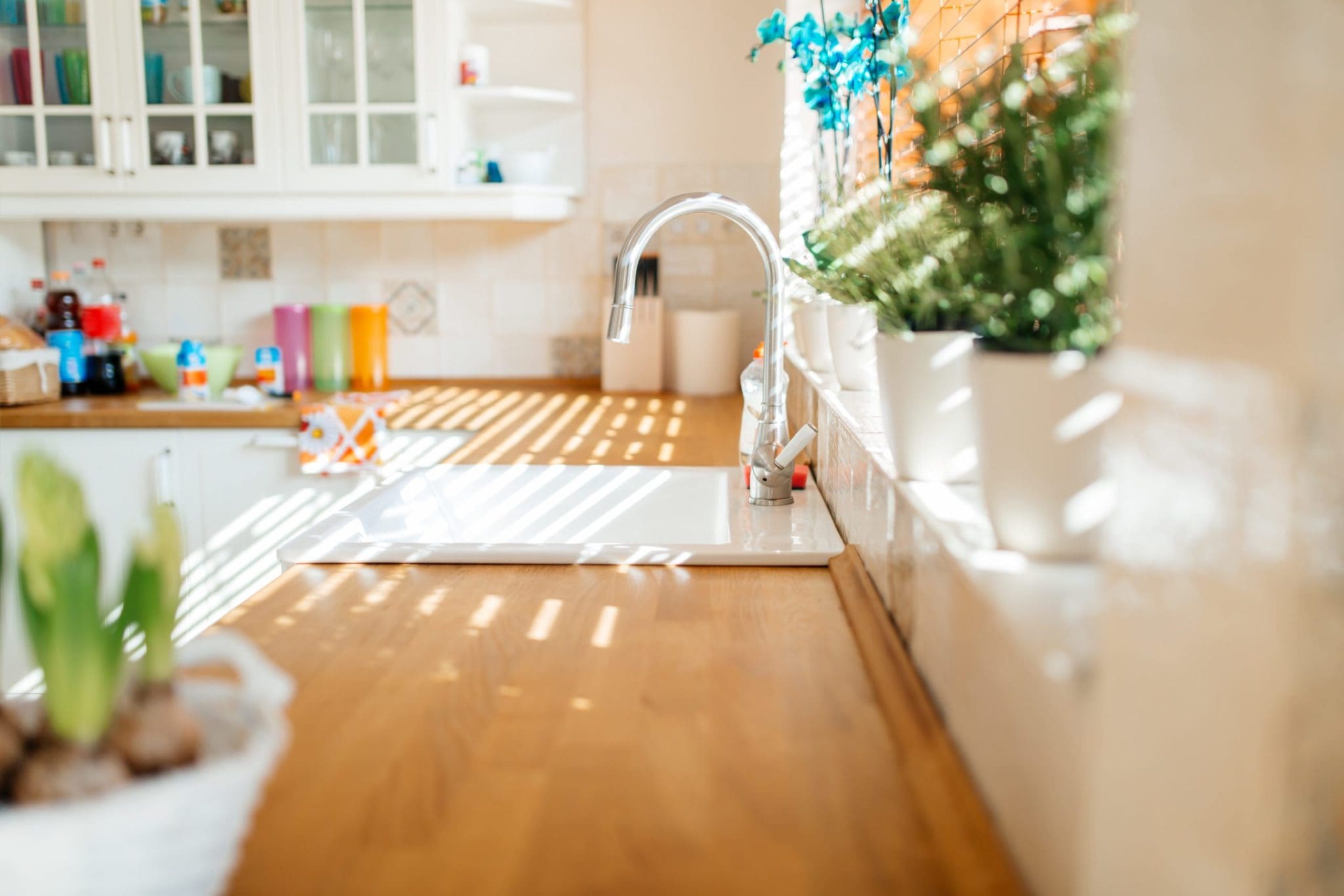

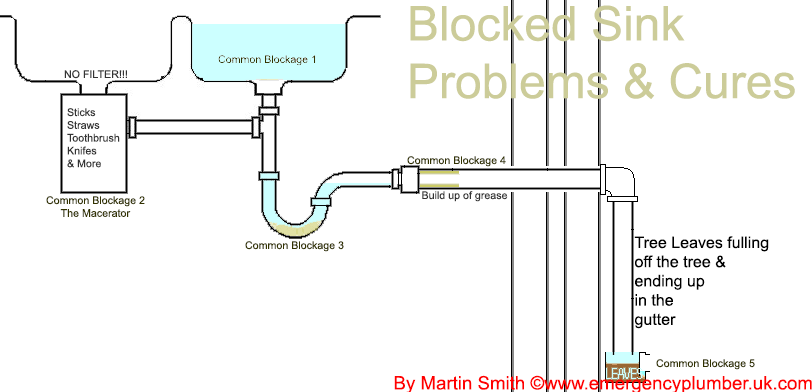

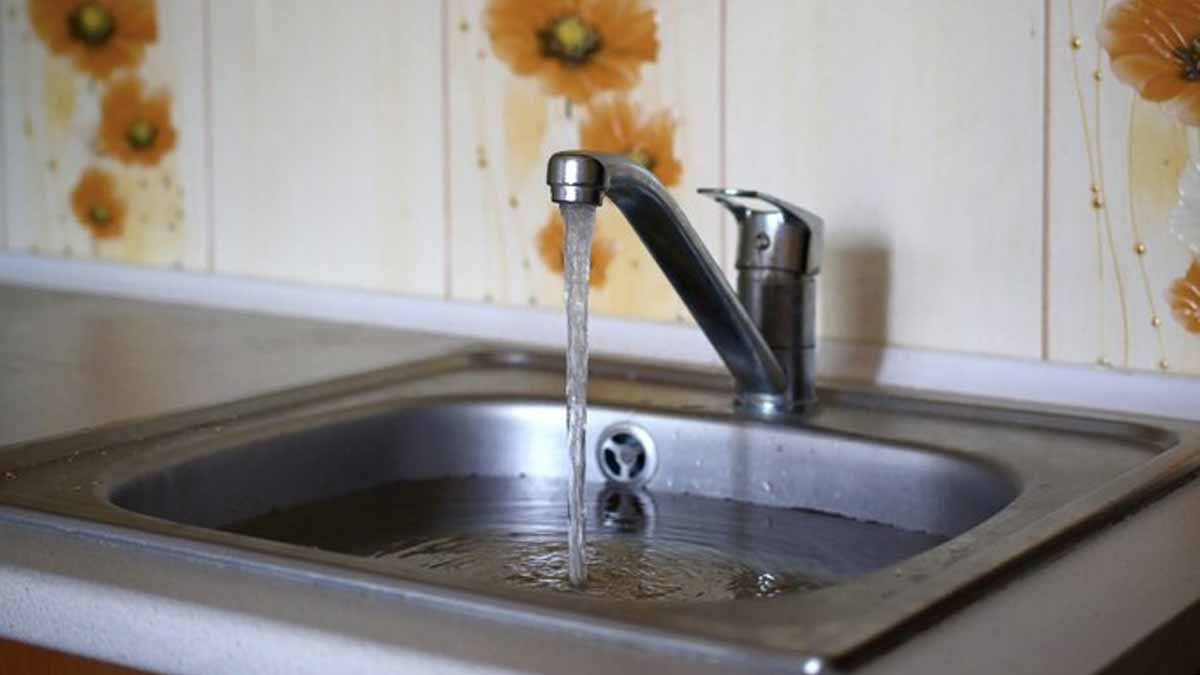





:max_bytes(150000):strip_icc()/freshen-and-unclog-drain-with-baking-soda-1900466-22-bbf940b70afa4d5abef0c54da23b1d3f.jpg)
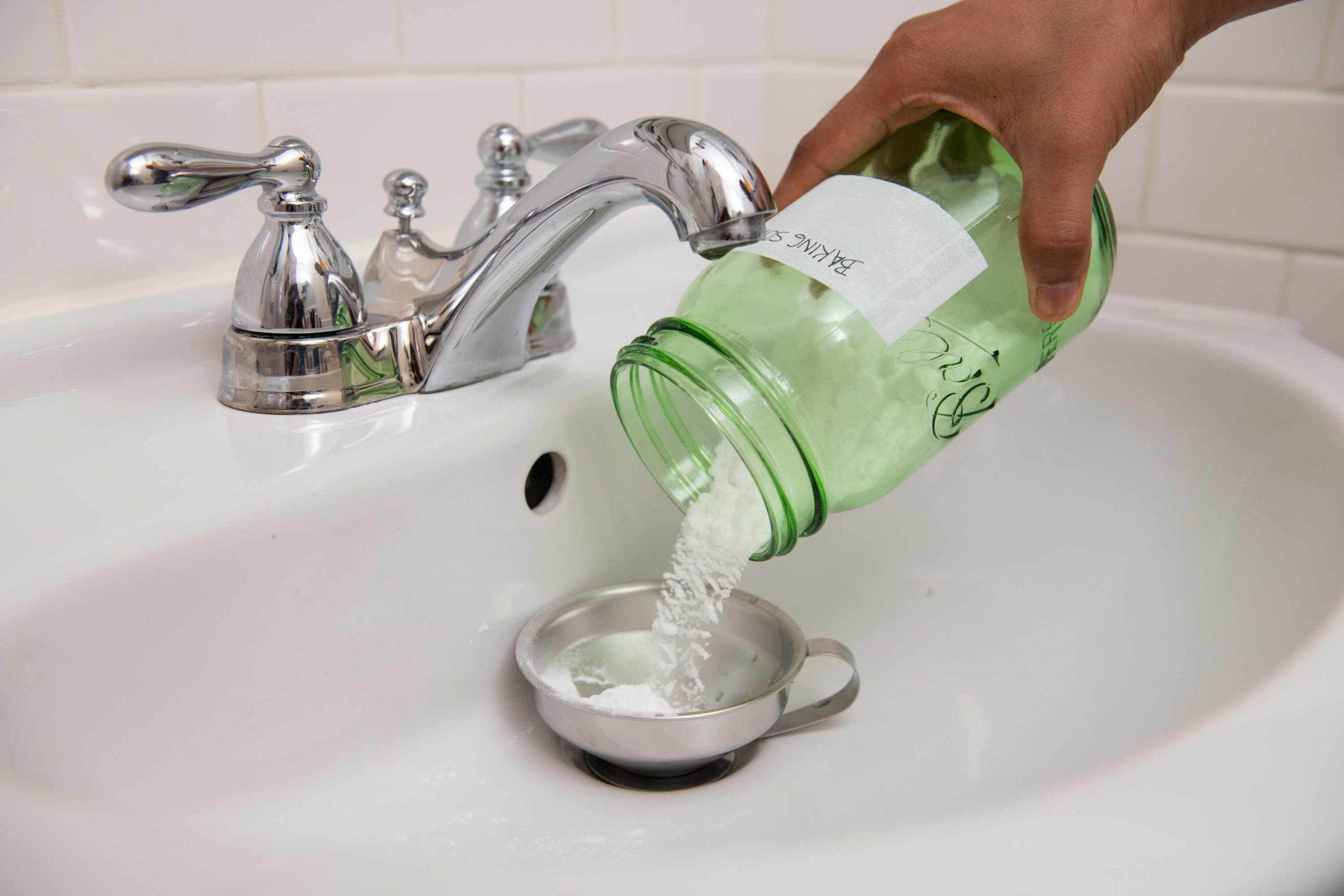
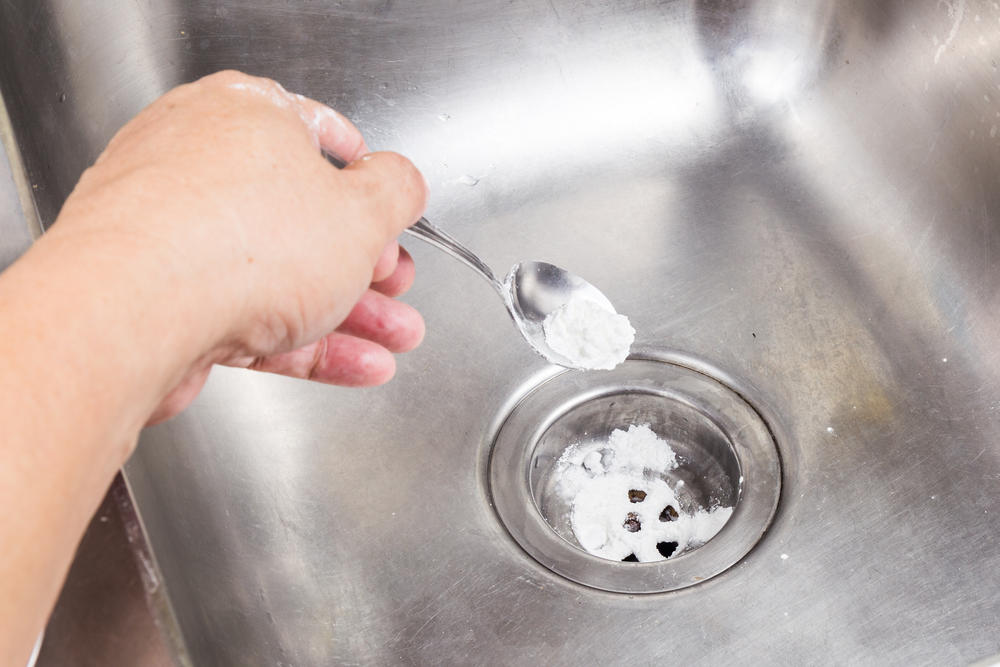

:max_bytes(150000):strip_icc()/freshen-and-unclog-drain-with-baking-soda-1900466-18-1a5b5da01939471ca8f8823865bd1ce8.jpg)

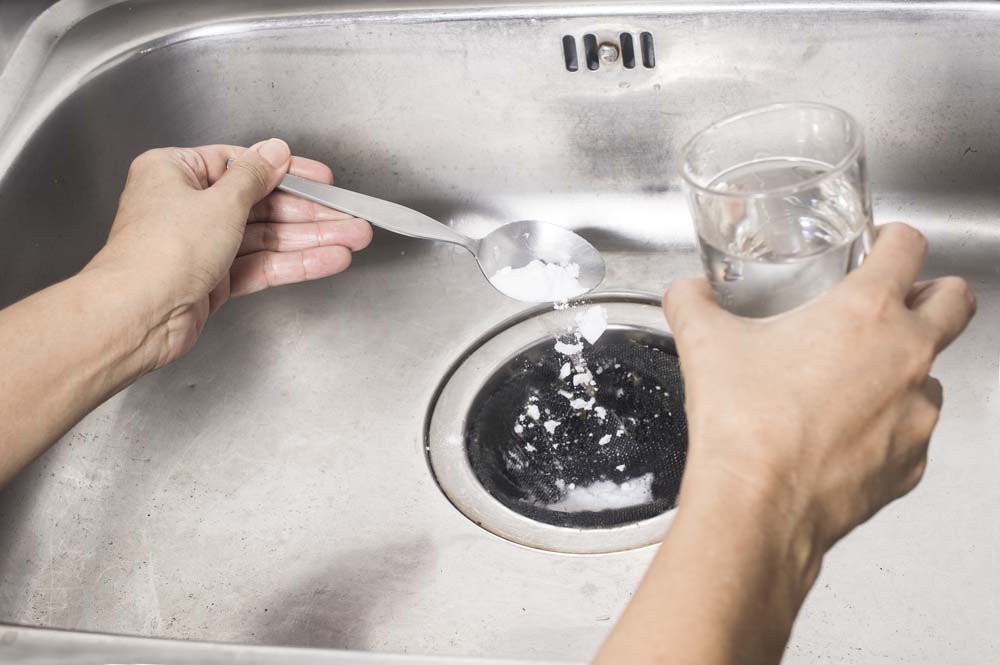
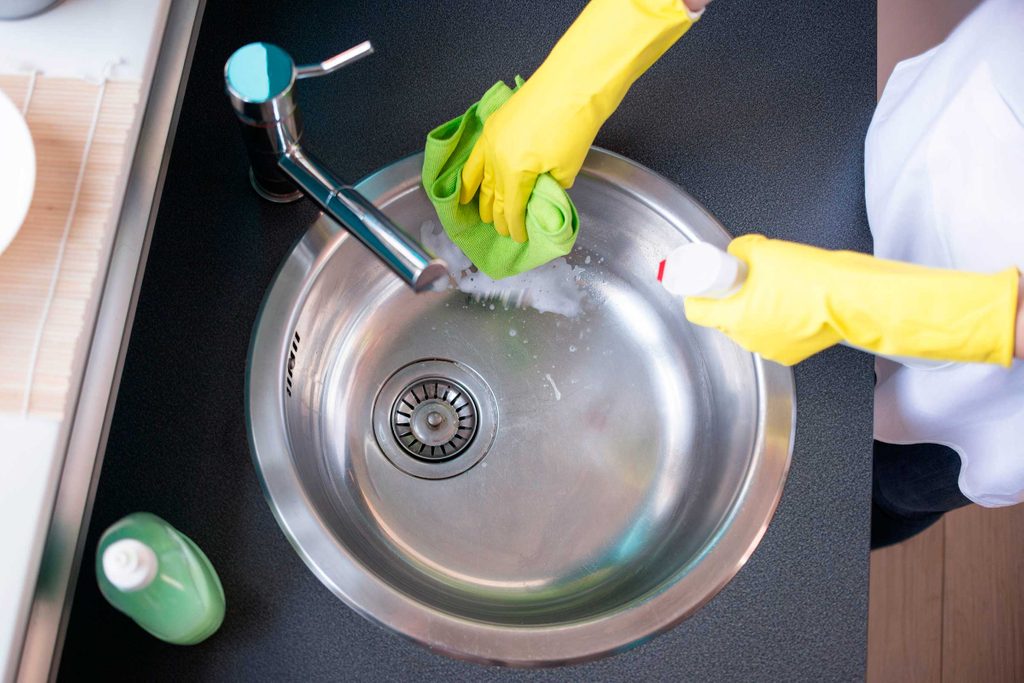

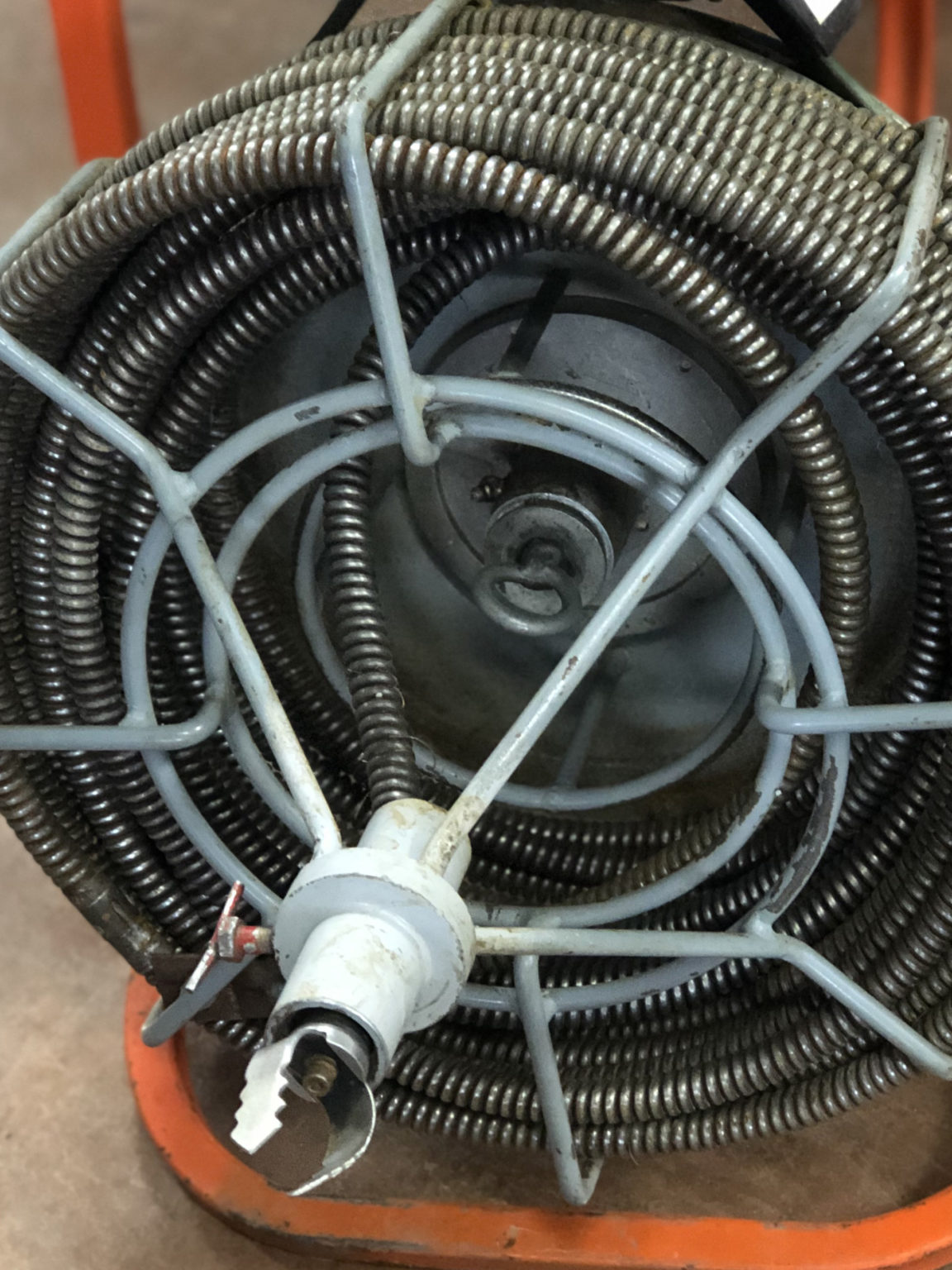


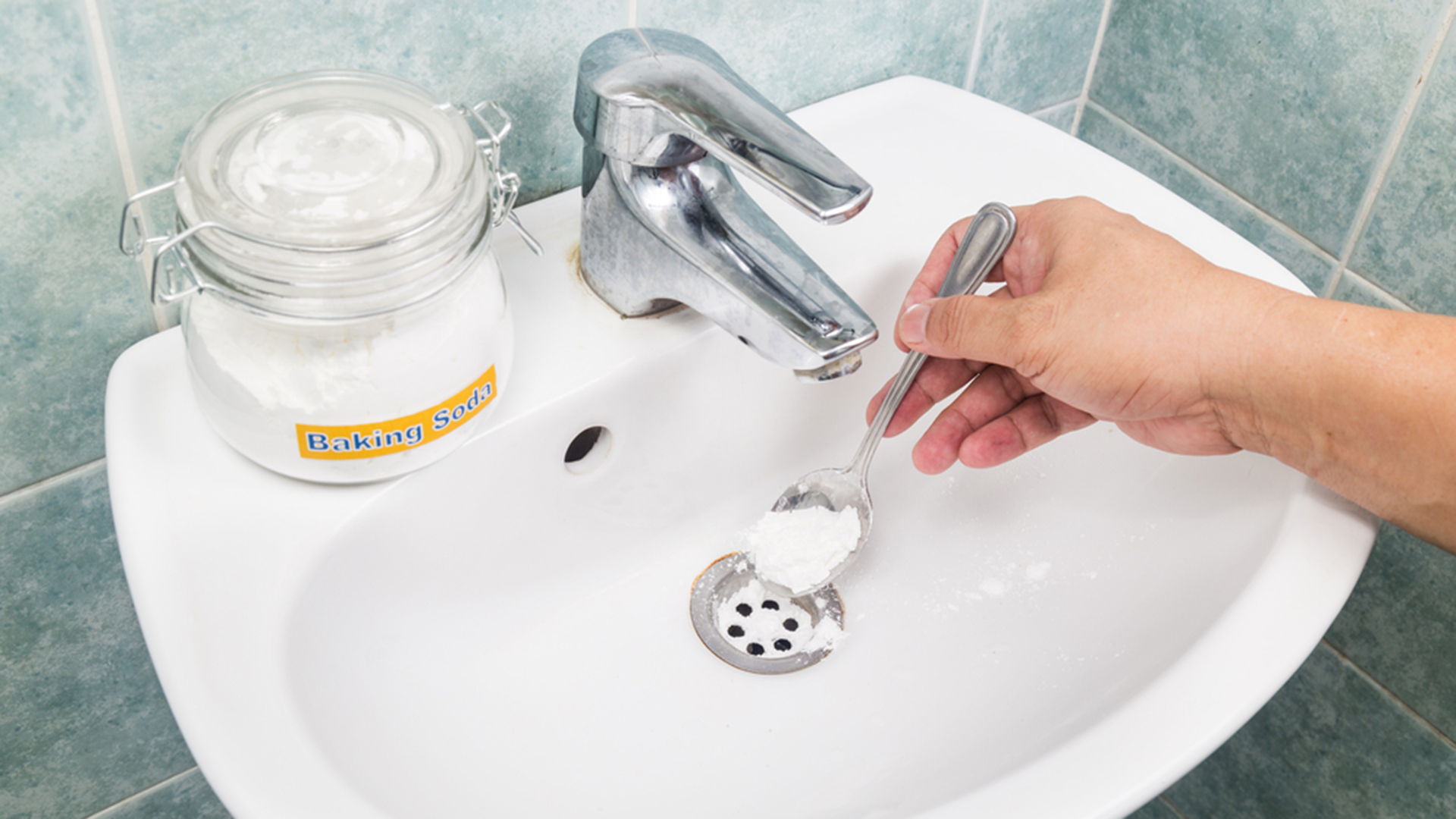
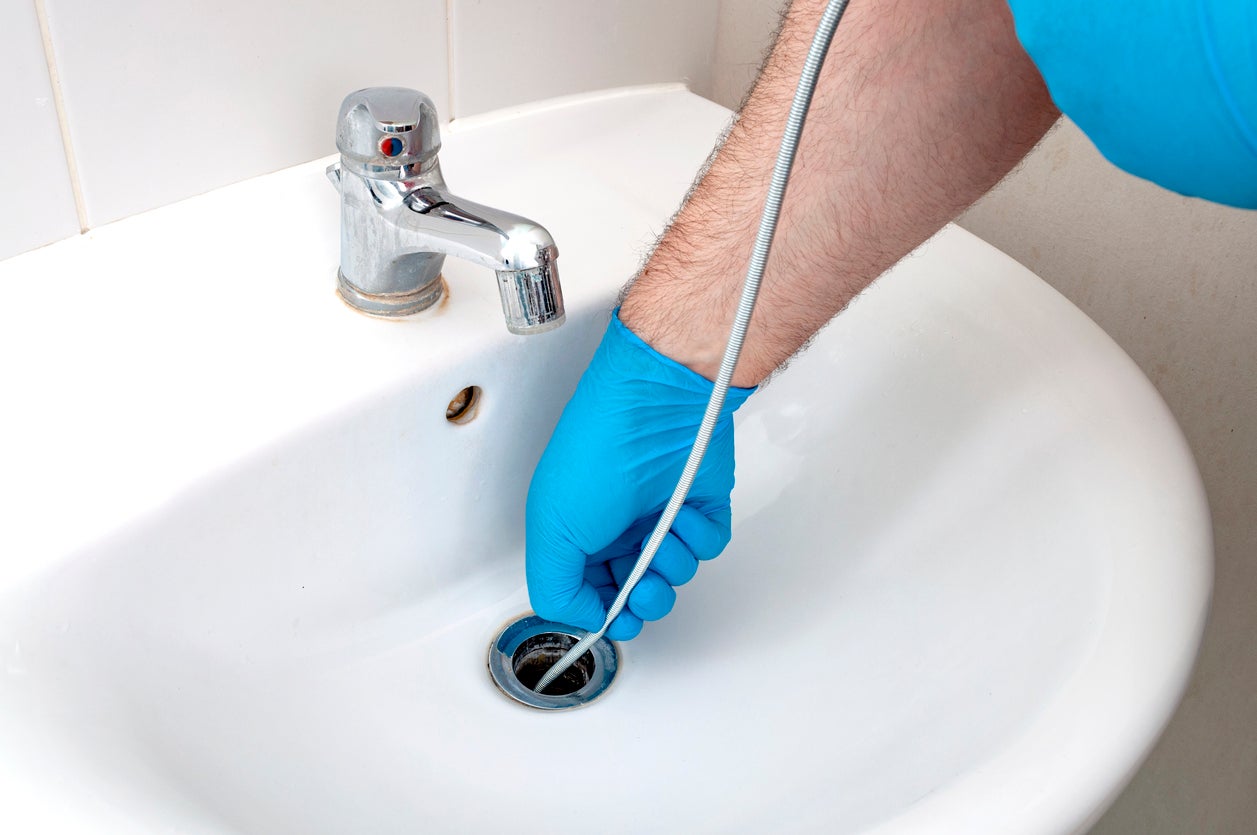

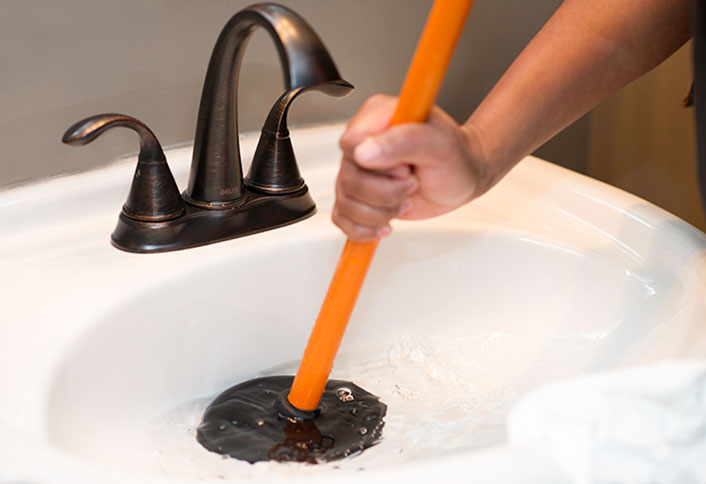

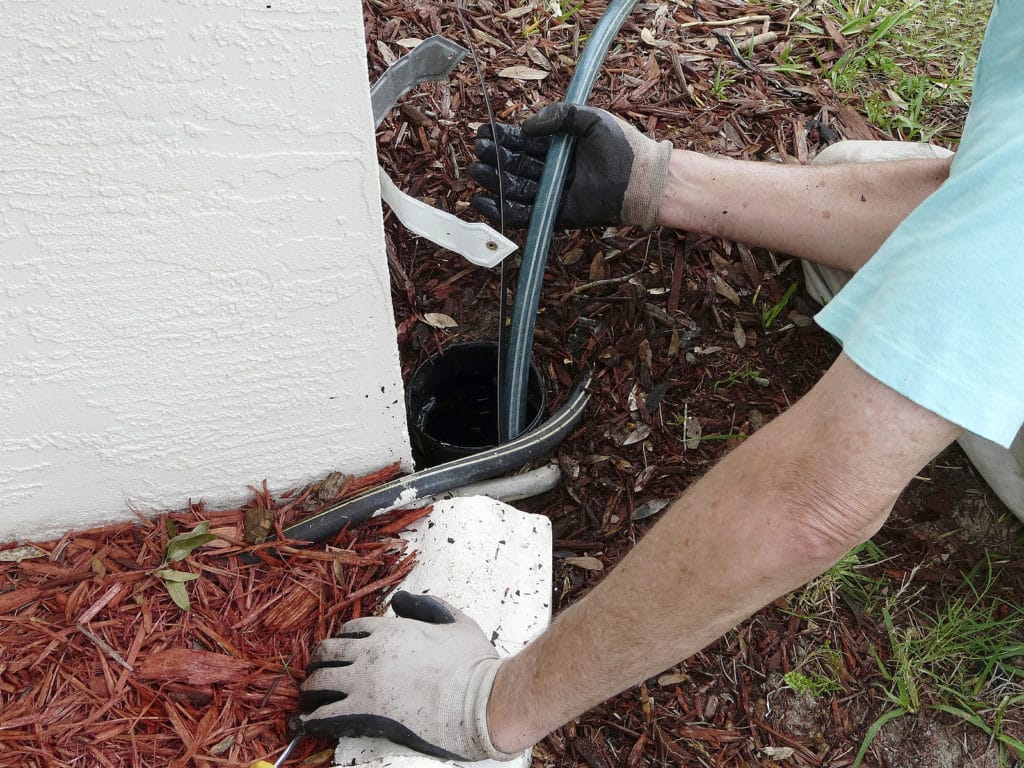

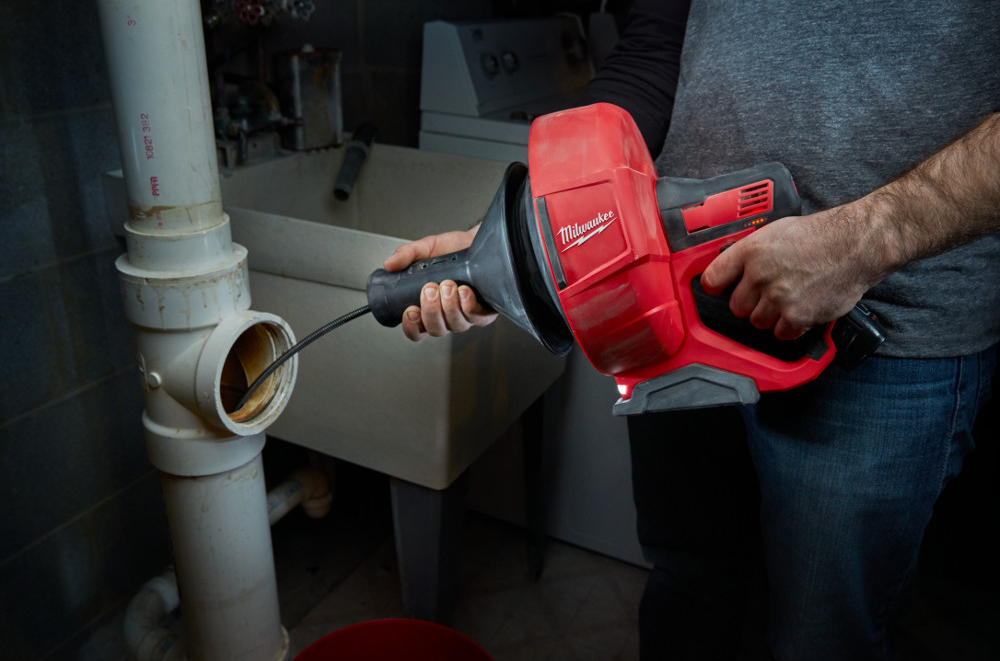
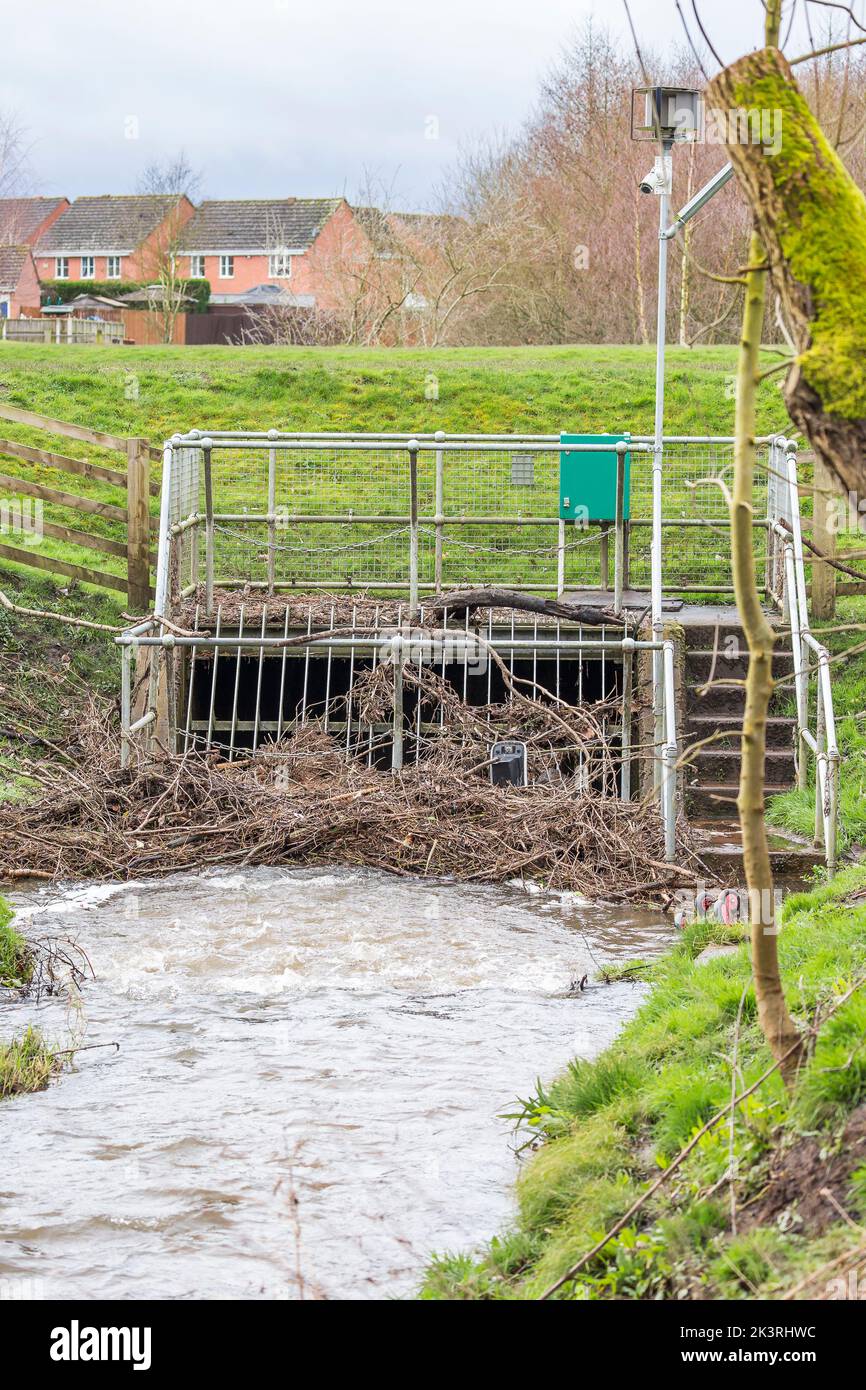


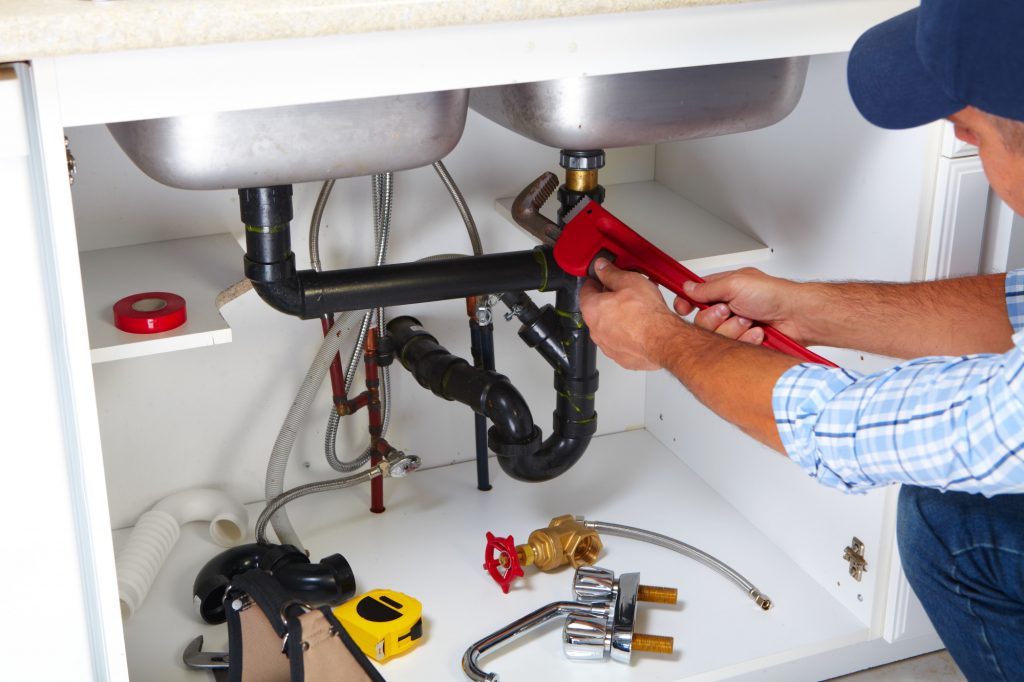




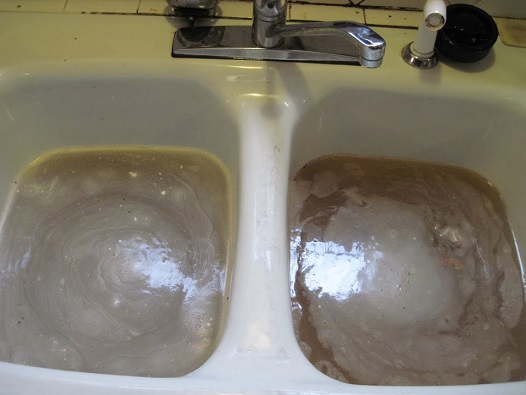






:max_bytes(150000):strip_icc()/how-to-install-a-sink-drain-2718789-hero-24e898006ed94c9593a2a268b57989a3.jpg)



